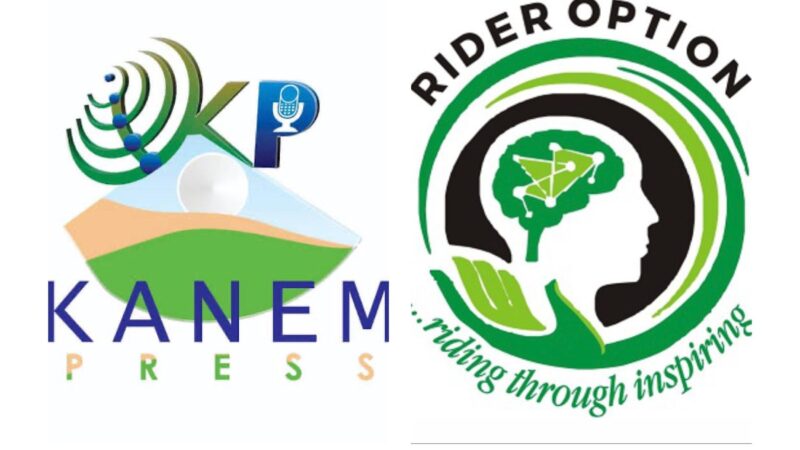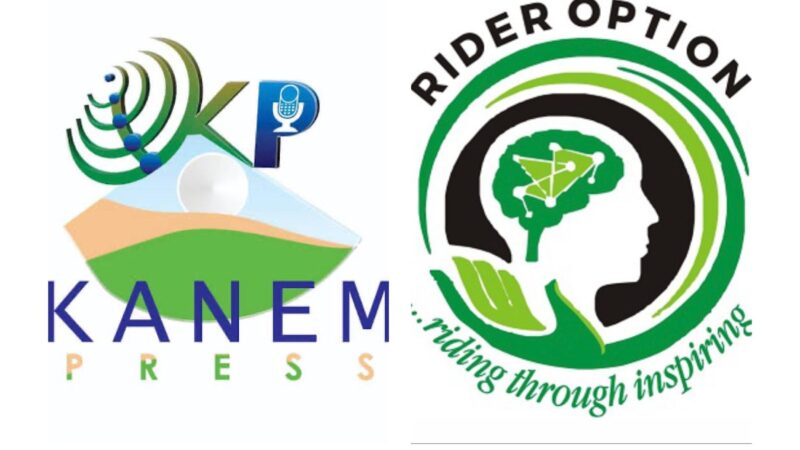U.S. Considers Adding Nigeria to Expanding Travel Ban List

June 15, 2025
WASHINGTON D.C. / ABUJA
Tensions are mounting in diplomatic and diaspora circles following reports that Nigeria may be added to a revised U.S. travel ban list, alongside 35 other countries flagged for “security risks” and “immigration concerns.
According to sources close to the U.S. Department of Homeland Security, the expanded list is part of a policy overhaul targeting nations with high visa overstays, weak identity documentation systems, or non-compliance with international information-sharing protocols.
While no official statement has yet confirmed Nigeria’s inclusion, multiple outlets including Blueprint.ng and Voice of America have cited credible intelligence pointing toward a potential move.
“This is not just a travel policy—it’s a geopolitical signal,” said a senior foreign policy analyst at the Center for Strategic Studies in Washington. “It reflects deeper concerns about cooperation on border security, terrorism, and diplomatic reciprocity.”
Why Nigeria?
Nigeria, Africa’s most populous country and a key U.S. ally in West Africa, has historically had a high volume of student visa applications, business travelers, and family-based immigrant petitions. However, the country has also been listed in past DHS reports for:
- High visa overstay rates
- Limited biometric and database integration with U.S. systems
- Security gaps linked to transnational threats and internal insurgencies
This would not be the first time Nigeria faced visa restrictions. In 2020, the Trump administration suspended immigrant visas for Nigerians, citing security verification failures—though that decision was reversed in 2021.
Potential Fallout
The implications of a new travel ban could be far-reaching:
- Nigerian students in U.S. universities may face delays or denials in visa renewals.
- Business travelers and investors could encounter obstacles that slow bilateral trade.
- Diaspora families may find it harder to reunite under family-based immigration pathways.
Already, Nigerian embassies abroad have begun receiving inquiries from anxious citizens, while travel agents report cancellations and panic rebookings by clients hoping to enter the U.S. before the policy takes effect.
Federal Government Responds
In response to growing public concern, Nigeria’s Ministry of Foreign Affairs stated on Sunday that it is “engaging diplomatically at the highest levels” with U.S. authorities to clarify the situation and avoid a repeat of past disruptions.
“Nigeria has made significant strides in identity management, border security, and international cooperation. We trust the United States will recognize these efforts,” the Ministry said in a statement.
Public Reaction and Expert Opinion
Reactions from the public and policy experts have been swift. Many on social media have criticized the move as “unfair” and “punitive”, especially in light of Nigeria’s role in regional counterterrorism efforts and peacekeeping operations.
Human rights and migration advocates warn that such a ban could exacerbate anti-immigrant sentiments, fuel misinformation, and strain decades of diplomatic goodwill.
What’s Next?
The U.S. State Department is expected to release the finalized travel ban list later this month, following internal consultations and security assessments.
Until then, Nigerians planning to travel to the United States are advised to:
- Monitor official embassy announcements
- Ensure all documentation is up-to-date
- Consult with immigration legal experts for guidance
Stay with Kanempress Digital Hub for developing updates on this story and its impact on Nigerian citizens, global migration policy, and international relations.



